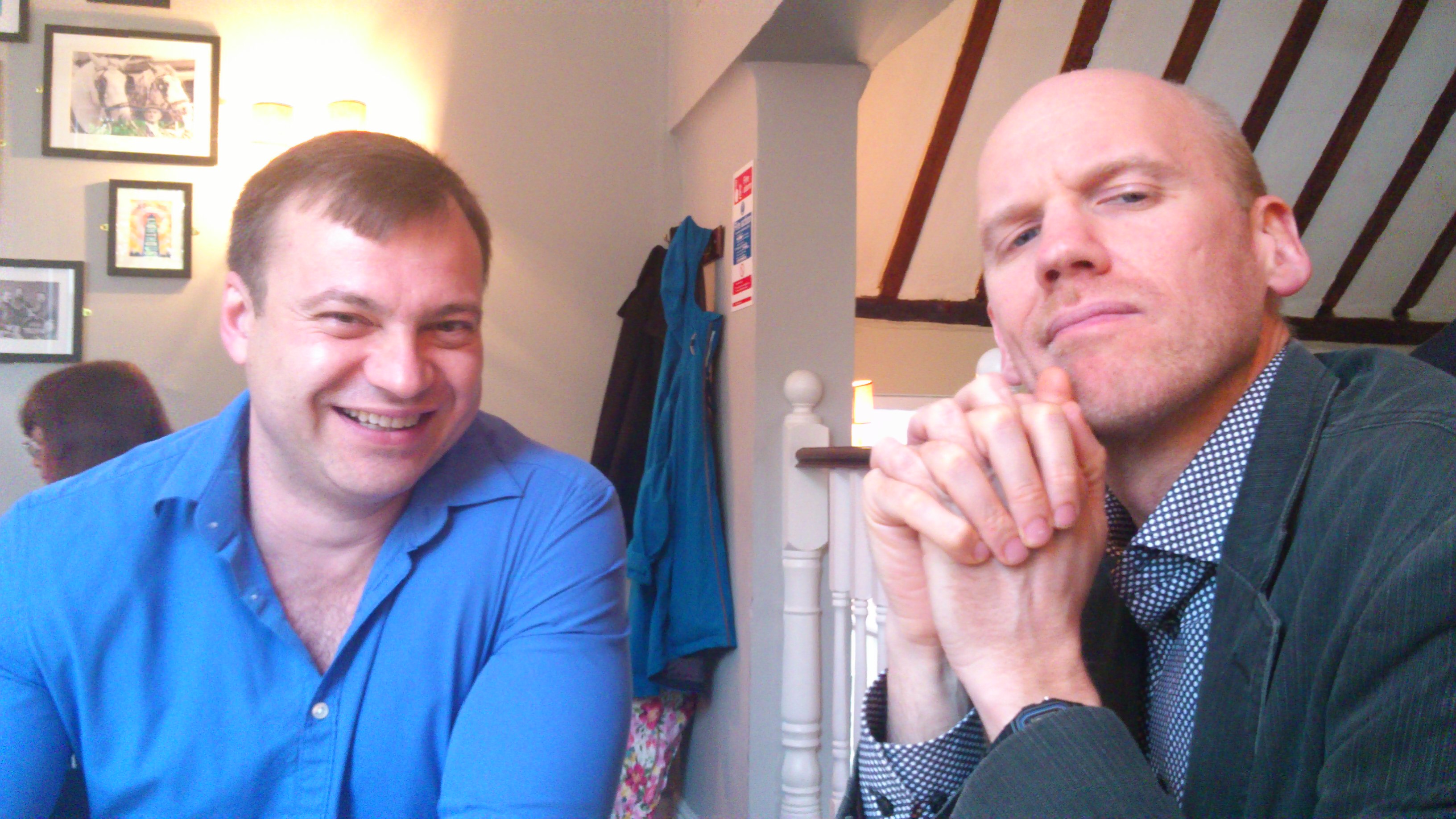
The DAMTP Astrophysics group typically admits two or three students every year to the PhD programme. We currently have about eight PhD students supervised by Henrik Latter, Gordon Ogilvie, Roman Rafikov and Giulio Del Zanna. A wide range of possible research topics is available and we welcome enquiries from potential applicants.
Course structure
The PhD in Applied Mathematics and Theoretical Physics is a 3–4-year research programme culminating in submission and examination of a dissertation, or thesis, containing substantial original work. PhD students carry out their research under the guidance of a supervisor, and research projects are available from the wide range of subjects studied within the Astrophysics group. Students are admitted on a probationary basis in the first instance and are assessed for registration during the fourth term of research.
Entry requirements
The usual minimum entry requirement is either a first-class honours degree after a four-year course in mathematics, physics, astrophysics or engineering, or a three-year degree followed by a Master's course. Part III Mathematics or Part III Astrophysics (frequently taken by graduates from outside Cambridge as the Master of Advanced Study) can provide a good preparation for a PhD in this area.
Funding
UK applicants will be considered for studentships from the Science and Technology Research Council (STFC), which are allocated by DAMTP. Overseas applicants are mostly supported by scholarships from the Cambridge Trust and Gates Cambridge. Some Cambridge Colleges offer scholarships and there are also some country-specific awards for study at Cambridge, both of which are listed in the Cambridge Student Funding Directory.
Application procedure
Instructions for using the Applicant Portal can be found here. Applicants need not write a detailed research proposal but should mention their interest in the Astrophysics group so that their application is forwarded to the right group for consideration.
Application deadline
In order to be considered for all relevant funding opportunities, applications for PhD places to begin in October 2025 should be received by 7 January 2025. Later applications will be considered where possible.
Past theses
Some of the titles of PhD theses by former students in the group are listed below. Where available, a link to the full thesis is included.
- Dr Callum Fairbairn (2023)
- Nonlinear Dynamics of Warped Astrophysical Discs
- Dr Nicolas Cimerman (2023)
- Disc-planet interactions in inviscid discs
- Dr Antranik Sefilian (2022)
- Secular Dynamics of Self-gravitating Debris Discs
- Dr Roger Dufresne (2021)
- Modelling line emission in the lower solar atmosphere
- Dr Chris Hamilton (2021)
- Secular Dynamics of Binaries in Stellar Clusters
- Dr Philip Leung (2021)
- Magnetic Fields in Protoplanetary Discs
- Dr Loren Held (2020)
- Hydrodynamic and Magnetohydrodynamic Convection in Accretion Disks
- Dr Elliot Lynch (2020)
- On the Dynamics of Noncircular Accretion Discs
- Dr Janosz Dewberry (2019)
- Hydromagnetic Oscillations and Instabilities in Astrophysical Discs
- Dr Shyeh Tying (Cleo) Loi (2019)
- Magnetic fields and stellar oscillations
- Dr Joseph Paris (2019)
- The Dynamics of Magnetised Warped Discs
- Dr Valeria Shumaylova (2019)
- Scale selection in hydromagnetic dynamos
- Dr Johnathan Ross (2017)
- The magnetorotational instability and thermal processes in accretion disks
- Dr Riccardo Vanon (2017)
- Zonal flows in accretion discs and their role in gravito-turbulence
- Dr Harry Braviner (2015)
- Stellar and Planetary Tides at Small Orbital Radii
- Dr Anna Railton (2015)
- The Structure and Stability of Vortices in Astrophysical Discs
- Dr Cara Donnelly (2014)
- Shearing Waves and the Accretion Disc Dynamo
- Dr Min-Kai Lin (2012)
- Dynamical instabilities in disc-planet interactions
- Dr Peter Mann (2012)
- Nonlinear flux transport dynamos
- Dr Sargam Mulay
- EUV Spectroscopy of Solar Active Region Jets
- Dr Mark Rosin (2011)
- Instabilities and transport in magnetized plasmas
- Dr Stephen Thomson
- A New Model of Jupiter's Jet Streams and the Effects of Moist Convection
- Dr Adrian Barker (2011)
- Tidal interactions between planets and stars
- Dr Toby Wood (2011)
- The solar tachocline: a self-consistent model of magnetic confinement
- Dr Bárbara Trovão Ferreira (2010)
- Variability of black-hole accretion discs: a theoretical study
- Dr Tobias Heinemann (2010)
- The dynamics of spiral density waves in turbulent accretion discs
- Dr Hanno Rein (2010)
- The effects of stochastic forces on the evolution of planetary systems and Saturn's rings
- Dr Joel Miller (2006)
- Shear-flow Instabilities in Viscoelastic Fluids
- Dr Paul Bushby (2003)
- Nonlinear Dynamos in Stars
